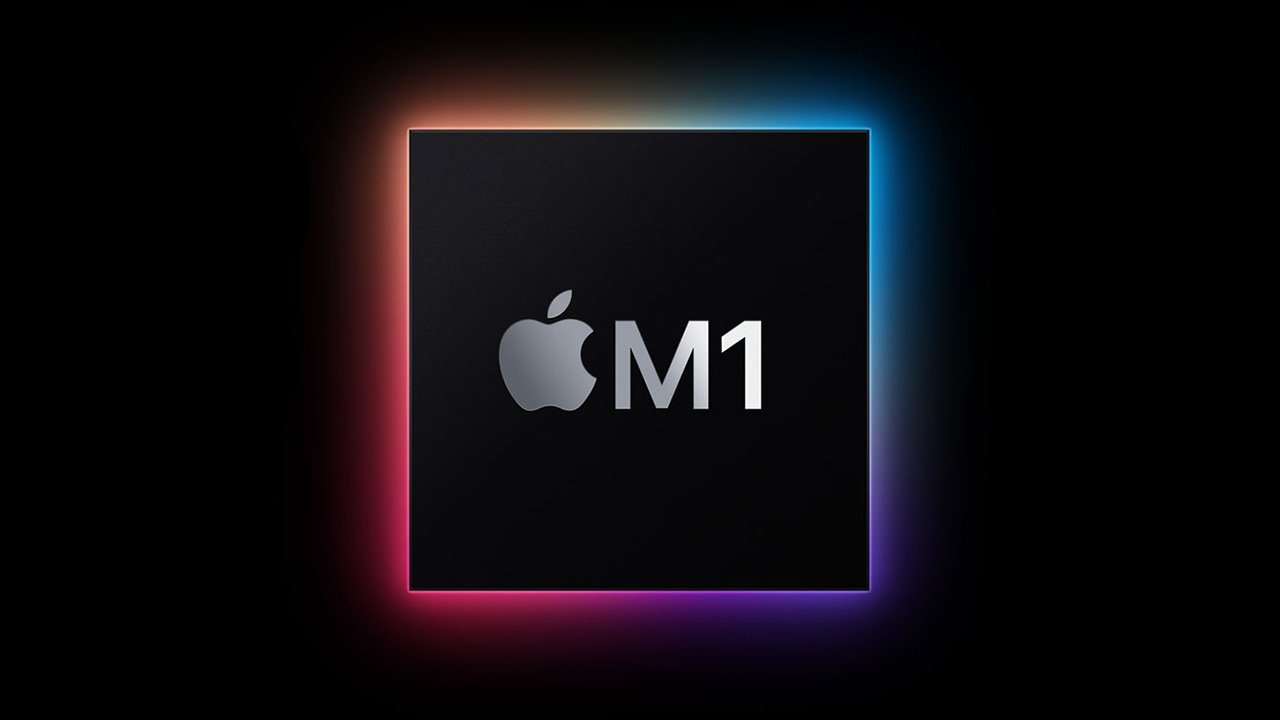Latest Linux kernel introduces preliminary Apple M1 support
The latest version of the Linux kernel, Linux 5.13, introduces support for Apple's M1 system-on-chip and is now available as a release candidate.

Credit: Apple
Apple M1 support was previously reported for Linux 5.13, though no release date was mentioned at the time. On Tuesday, however, Linux kernel principal developer Linus Torvalds announced that the release candidate version is now available for public testing.
Although security researchers have successfully booted Linux on Apple Silicon in the past, it required some fairly technical workarounds. With preliminary support in Linux 5.13, Linux distributions and systems will have a much easier time running on Apple's SoC.
In addition to the Apple Silicon support, Linux kernel 5.13 also introduces a slew of new and updated drivers and other under-the-hood improvements to the file system, architectures, tooling, and process handling, among other new updates.
According to 9to5Linux, the final version of Linux 5.13 should release to the public at the end of June or in early July. That depends on how many release candidates Torvalds decides to release during the development cycle.
The Linux kernel is an open source system kernel created by Torvalds in 1991. It forms the basis for a variety of Linux operating system distributions, and is also deployed in servers, mainframes, and on mobile devices. Android, for example, is based on a modified version of the kernel.
Stay on top of all Apple news right from your HomePod. Say, "Hey, Siri, play AppleInsider," and you'll get latest AppleInsider Podcast. Or ask your HomePod mini for "AppleInsider Daily" instead and you'll hear a fast update direct from our news team. And, if you're interested in Apple-centric home automation, say "Hey, Siri, play HomeKit Insider," and you'll be listening to our newest specialized podcast in moments.

Credit: Apple
Apple M1 support was previously reported for Linux 5.13, though no release date was mentioned at the time. On Tuesday, however, Linux kernel principal developer Linus Torvalds announced that the release candidate version is now available for public testing.
Although security researchers have successfully booted Linux on Apple Silicon in the past, it required some fairly technical workarounds. With preliminary support in Linux 5.13, Linux distributions and systems will have a much easier time running on Apple's SoC.
In addition to the Apple Silicon support, Linux kernel 5.13 also introduces a slew of new and updated drivers and other under-the-hood improvements to the file system, architectures, tooling, and process handling, among other new updates.
According to 9to5Linux, the final version of Linux 5.13 should release to the public at the end of June or in early July. That depends on how many release candidates Torvalds decides to release during the development cycle.
The Linux kernel is an open source system kernel created by Torvalds in 1991. It forms the basis for a variety of Linux operating system distributions, and is also deployed in servers, mainframes, and on mobile devices. Android, for example, is based on a modified version of the kernel.
Stay on top of all Apple news right from your HomePod. Say, "Hey, Siri, play AppleInsider," and you'll get latest AppleInsider Podcast. Or ask your HomePod mini for "AppleInsider Daily" instead and you'll hear a fast update direct from our news team. And, if you're interested in Apple-centric home automation, say "Hey, Siri, play HomeKit Insider," and you'll be listening to our newest specialized podcast in moments.

Comments
The "zero sense" argument came from the guy (I won't name names) that claimed it was Apple's responsibly to create a licensing program for Windows ARM.
I've even stated back when this architecture transition was just a rumor that I suspect we'll see an upsurge in Macs sales once they move to Apple Silicon because of its inherent benefits in performance-per-watt and cost. Once it was officially announced I predicted it would do even more for Mac sales than the Get A Mac campaign because of the ability to run iOS and iPadOS apps, which will make the transition for many who are using old Windows machines with an iPhone and/or iPad even easier than previously expected.
I really hope we see 16" MBPs at WWDC next month.
Linux is a derivative or offshoot of UNIX. macOS is a certified UNIX operating system under the hood. You can jump into the Terminal application and start writing text commands to do things that your mouse can do with a few clicks.
There's little motivation to bring Linux to the Mac because you can already do (nearly) everything on a Mac directly. Many software packages are distributed for both operating systems, or can be built on-demand as needed.
For exampple, I run PHP-based website servers on a dozen Ubuntu (flavour of Linux) machines. I also run this same stuff on my Mac. All of these packages are installed exactly the same way, even though they are built for different architectures.